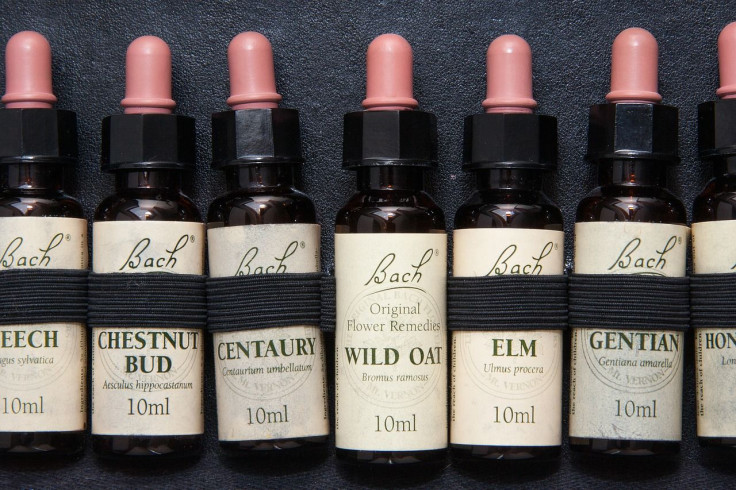Homeopathy Is Not An Effective Treatment For Any Health Condition, Australian Government Declares

The remedies that homeopathic practitioners mix from plant and animal tissues do not work for treating any medical condition, says Australia’s leading health agency. Such treatments have not proven effective for any of the 61 health problems that the agency evaluated in a large review published Wednesday.
Australia’s National Health and Medical Research Council examined 176 studies of homeopathic treatments for 61 medical conditions including asthma, anxiety, headaches, arthritis, ulcers and warts. The agency found that about half the treatments were no more effective than placebos, and ruled that the studies on the other half were not robust enough to determine whether the treatments worked. The agency concluded that homeopathy should not be considered an effective treatment for any condition.
Though it's difficult to come by accurate estimates of the market for homeopathy, data from the World Health Organization indicate that it is likely an industry worth more than a billion dollars. France and Germany led the world in spending on homeopathic treatments in 2007 by handing over $408 million and $346 million, respectively. Australians spent about $7.3 million on treatments that year while Americans doled out $2.9 million.
Though Australia’s health agency did not evaluate the potential danger of treatments, officials did warn patients about relying solely on these methods. “People who choose homeopathy may put their health at risk if they reject or delay treatments for which there is good evidence for safety and effectiveness,” the report stated.
The evaluation comes as Australia’s government reconsiders its practice of supporting health insurance companies with policies that pay for homeopathic therapies, as reported by the Sydney Morning Herald. The nation’s private health insurance administrators have said claims for these supposed therapies have grown by more than three times over the past decade, easily outpacing growth in other treatment areas. The report has also stirred up questions about whether the government should continue funding private colleges that teach courses in homeopathic techniques.
Paul Glasziou, chair of the agency’s working group that issued the report, told the Guardian that he hoped the findings would discourage Australians from seeking these therapies out, much like the drop in demand for homeopathic treatments in the U.K. that came after a report discrediting homeopathy was published by the House of Commons in 2010.
For the purposes of the review, the Australian agency defined homeopathy as “a type of complementary and alternative medicine” based on two tenets – first, that a sick person can often be treated with a substance that would cause a healthy person to fall ill and second, that these substances retain a “memory” of a patient’s treatment history. For those who still wish to seek out homeopathic treatments, the agency recommends consulting with a health practitioner and continuing to take all other medications.
© Copyright IBTimes 2024. All rights reserved.












